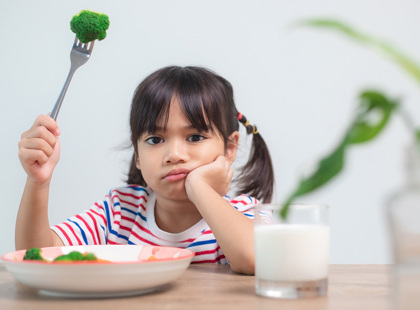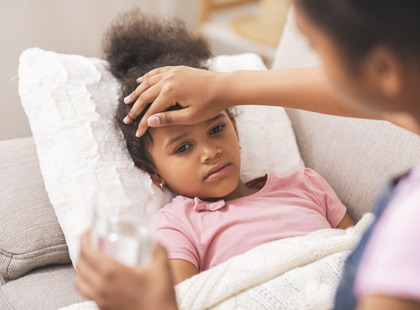
How much is too much, and how do you know? Like many other parents and grandparents in our community, I am concerned about global events and want to provide a thoughtful response when considering the impact on children and teens. Media reports, headlines, and conversations can be confusing and frightening for children. A few guidelines can be helpful when considering how to respond to a child’s questions, concerns, or behavior related to their exposure to distressing global events.
- Stay calm and rational when answering questions and determining what to share or not to share with your child while considering their developmental level.
- Stay informed by listening to credible news sources. You do not have to be an expert on global events and history, however credible information can be useful in addressing your own concerns before responding to your child’s questions or needs.
- If necessary, talk with other adults about your own fear, anxiety, anger, sadness, or confusion before talking to your child. Many times, talking things out can help provide perspective and prepare you for challenging conversations with your children.
- Limit media exposure for young children, and process media content by having conversations with your older children or teens.
Respond to the child or teen with three key concepts in mind. What are they thinking? How are they feeling? What can they do?
Thinking: What do they already know? What information would be helpful for them in clearing up confusion, reducing fears, or offering support?
Feeling: What are they feeling about the information they have heard or the conversation you are having? Naming or labeling the emotion can make it less overwhelming and more manageable.
Growing and Doing: When children are able to take action, they build positive coping skills and a sense of efficacy. Let them take the lead. You may offer suggestions like doing something kind for another person, writing a letter to a government leader, sending a donation to humanitarian relief efforts, writing in a journal, or creating a piece of art. Provide opportunity for a break from distressing events by doing any number of enjoyable activities together.
Remember to create routine and structure throughout their day, and listen and be with children when they are feeling distressed in an uncertain world.
For more information on helping children cope, visit NCTSN.org or attend one of CHKD’s free parenting webinars.






